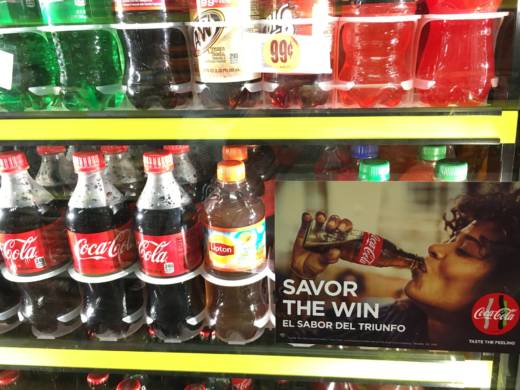What difference can a city tax make of 1 cent per ounce on distributors of sugary drinks? Plenty, if you look at the flood of money going into two Bay Area ballot measures proposing that tax.
Campaign contributions for and against soda taxes in San Francisco and Oakland rose to more than $46 million, making these local contests two of the most expensive in California this election. The vast majority of that money comes from just three out-of-state funding sources, according to campaign finance reports, pointing to the high stakes and potential nationwide reach of these election battles.
The American Beverage Association, representing giants like Coca-Cola and PepsiCo, has spent $28.7 million fighting the taxes in San Francisco and Oakland. Meanwhile, billionaires Michael Bloomberg of New York and Texans John and Laura Arnold have injected more than $17 million into the pro-tax campaign advertisements, mostly during recent weeks.
The East Bay town of Albany, with just 19,000 residents, is also proposing a similar soda tax. The ABA has spent $185,000 to fight that measure, while supporters have raised only about $6,200, with the biggest donation from the American Heart Association.
All three Bay Area measures aim to raise significant funds -- about $15 million in San Francisco, $6 million in Oakland and $220,000 in Albany per year -- for health and education programs to reduce the consumption of sugary drinks and stem a growing Type 2 diabetes epidemic.
